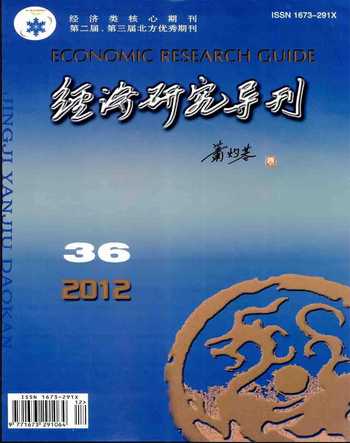中英礼貌用语的比较
张能能
摘 要:中美文化有异亦有同,这也体现在两种语言的使用者的礼貌用语程度上。着重讨论在日常交际中,中美两种不同文化的语用者使用礼貌用语的异同。
关键词:美国英语;汉语;相同点;不同点;礼貌用语
中图分类号:H0 文献标志码:A 文章编号:1673-291X(2012)36-0252-02
一、Brief Introductions to American English Politeness Scales and Chinese Politeness Scales
The American English politeness scale is discussed from three angles.Briefly speaking,if one of the following three circumstances occurs,American English would tend to be more polite.The first one is the situation if it is formal or not life-threatening.The second one is that you have no close relationship with the person you are talking to or you have no authority or power.But this does not true when the person you are talking to is older than you.The last one is that the message you are conveying is private or personal or has a negative effect on the listener.And the American English tends to be less polite if one of the above mentioned circumstances goes into the opposite extremity.
Like the American English politeness scales,the Chinese polite scales in my mind should also be discussed from the angles of situation,the relationship with the listener and the message and its effect.
In terms of situation,Chinese tends to be more polite if it is formal or not life-threatening and less polite if informal or life-threatening.For example,in 1997 in the ceremony of Hong Kongs returning,one of the most frequently used words is “中华人民共和国” instead of“中国”,while in everyday use,people just say “中国”but not “中华人民共和国”.Another example is that the mother often tells her child “上下学路上一定要遵守交通规则,在十字路口一定要等到绿灯才能过马路。” However,when crossing the road,a car come at a very fast speed,the mother would hold her childs arm tightly and cries out “小心!”
In terms of the relationship with the listener,Chinese tends to be more polite if it is not close or the speaker has no authority or power over the listener and less polite on the contrary.For instance,when we go to the library and want to sit beside a stranger,we usually say “不好意思,请问我可以坐这吗?” with pointing to the seat.Whereas a close friend comes to our house,we just say “坐!” Also,when we want to ask help from our teacher,we often say “老师,如果您有时间的话,能不能请您帮我分析一下这个题目?” But if we are close friends,the words go like “这个怎么做?” However,when encounter an old participant,the Chinese usually choose more polite words,such as“您”,“请问” and so on,though their relationship is close.
In terms of the message and its effect,Chinese tends to be more polite if the message has a negative effect on the listener,otherwise it tends to be less polite.For example,in the class,if a student mispronounces a word,the teacher may say“请再读一遍”,but if the student pronounces it correctly,the teacher may say “好”.
二、Similarities between American English Politeness Scales and Chinese Politeness Scales
Form the above introduction,we can conclude that American English politeness scales and Chinese politeness scales share some similarities.The first one is that both American English and Chinese tend to be more polite if the situation is formal and not life-threatening and less polite if it is informal or life-threatening.The second similarity is that both of them tend to be more polite if the relationship between the speaker and the listener is not close or the speaker has no authority or power over the listener,and tend to be less polite if opposite.The third one is that both tend to be polite if the listener is older than the speaker though they have close relationship.This is because both cultures respect the old.
Although the two scales share some similarities,they differ form each other in some ways.
三、Difference between American English Politeness Scales and Chinese Politeness Scales
Due to cultural differences,American English politeness scales and Chinese politeness scales are not same.And the largest difference is that American English tends to be more polite if the message conveyed is private and personal and less polite if it is public or impersonal,while Chinese does not have this concern.The reason for this great difference is that Americans are individualistic and independent.Therefore,they choose to be more polite if the message they want to convey is private or personal.However,Chinese are group-oriented independent.Compared with Americans,they concern much less about their individualism and dependence.Consequently,they pay less attention to politeness no matter the message is private or public,personal or impersonal.

